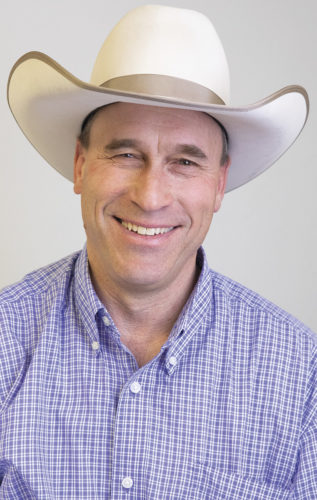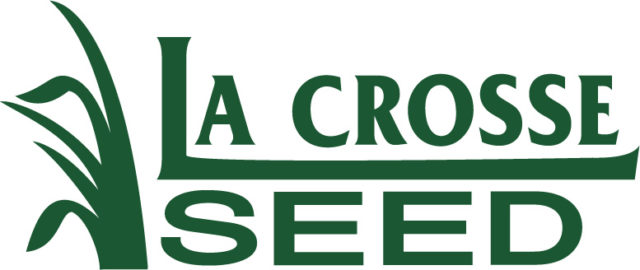I was making my obligatory social media run-through a few days ago. As I scrolled down through the Facebook news feed, I came across a post from a friend of mine in southwestern Montana. One of her favorite old horses had moved on to the other side – not just the other side of the creek or the other side of the fence but the final “other side” of that veil that’s so thin yet so impenetrable.
Her post was met with several, if not dozens, of comments and condolences from friends and acquaintances of both the real and the virtual (social media) type. Without a doubt, the comments were genuine, sincere and heartfelt. I even added my two cents, with a click on the tearful emoji face thing.
As I read the comments and got a feel for who was commenting and their various backgrounds, I began to notice sort of a trend. The comments made by those from urban or non-ag cultures, while definitely sincere and earnest, seemed to lack a certain wisdom and understanding that accompanied the remarks from her aggie friends. The urbanites, it seemed to me, while honest in their expressions of sympathy, were more prone to despair than the cowboys and farmers were.
Now I’m not suggesting that merely because someone happens to reside and work in a rural agricultural setting he or she has a firmer grip on the realities of loss and grief than those from urban backgrounds but, well … maybe that is exactly what I’m suggesting. It’s not that we hicks are necessarily any more noble or wise than our urban counterparts but, rather, I think it’s more that we’re forced to confront the realness and the vagaries of stone-cold, real-life pain and defeat on a more regular basis. It’s both a fortunate and an unfortunate byproduct of the profession and way of life – a blessing and a curse.
My heart still hurts when I recall the death of every dog I’ve ever lost (even the stupid ones). I remember the sleepless night I spent with a colicky buckskin gelding and kneeling in the mud in the cold early morning darkness, his head in my lap as he took his last breath. I’m still holding out hope the roan cow we kept for that “one more year” will make her way home from the mountain. I still feel that familiar, dull throb in my heart when I have to sort a favorite old cow into the cull pen. But I still open that gate and let her go. And I learn all over again how to deal with the emotions. The thing is, though, I know I can deal with it and get through it.
I believe the ability to cope with loss and deal with tough choices is not an inherent gift. It’s something that has to be learned. Sometimes, that learning curve is a steep and vicious hill to climb, but it is indeed an Everest that can be conquered. There’s not a soul who reads this, whether city dweller or hillbilly, who hasn’t somehow lost his or her own favorite dog or buckskin gelding or old roan cow. It’s probably never easy, no matter what your coping method is.
It’s part of life – part of the circle of life (if you prefer Lion King terms). Whatever the loss or the reason for your pain, despair or discouragement, it’s comforting to know you’re not the first or last or only one to feel it. And it’s even more reassuring to realize that, on more than one level, you are not alone.










